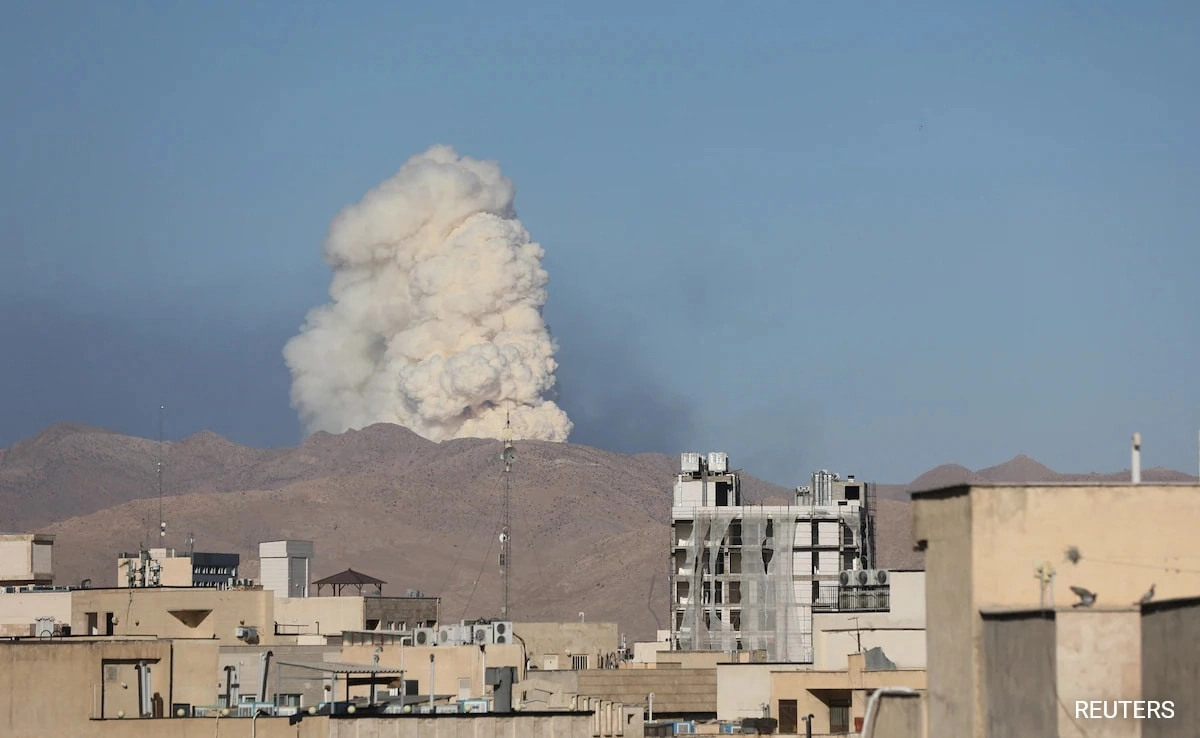During the recent Canadian elections, Prime Minister Justin Trudeau’s notable absence from the campaign trail sparked widespread discussion and speculation. Traditionally, the presence of a sitting prime minister is seen as crucial in rallies and public engagements, where their charisma and leadership can galvanize support for their party. However, Trudeau’s strategic withdrawal from the limelight appeared to serve as a double-edged sword. While some critics argued that his absence indicated a lack of confidence in his leadership, others posited that it allowed the Liberal Party to focus on its policies and candidates without the overshadowing persona of the Prime Minister himself.
Trudeau’s absence may have inadvertently shielded the Liberals from the controversies that have surrounded his administration in recent years, particularly regarding issues like the handling of the COVID-19 pandemic, climate policies, and ongoing Indigenous rights discussions. By stepping back, he allowed other party members to take center stage, which enabled them to present their visions and strategies without being constantly compared to his leadership. This approach seemed to resonate with voters who were more focused on local candidates and issues rather than the controversies tied to Trudeau’s governance.
Moreover, the Liberal Party capitalized on the opportunity to reframe the narrative surrounding the elections. With Trudeau not actively campaigning, the party was able to emphasize its platform, highlighting achievements and future goals that were relevant to the electorate. This strategy may have attracted undecided voters who were looking for a fresh perspective rather than a continuation of past leadership. The absence of a dominant figure like Trudeau allowed for a more grassroots approach, where local issues could take precedence over national controversies.
In the end, Trudeau’s absence during the elections proved to be a calculated risk that, while unconventional, helped the Liberal Party maintain its focus on policy rather than personality. By allowing other candidates to shine and redirecting the narrative towards the party’s agenda, the Liberals potentially minimized the impact of past criticisms. The elections highlighted the dynamics of leadership in politics, demonstrating that sometimes, stepping back can lead to a more effective front. As the political landscape continues to evolve in Canada, Trudeau’s unique approach may serve as a case study for future campaigns, showing that the path to success can take many forms.




